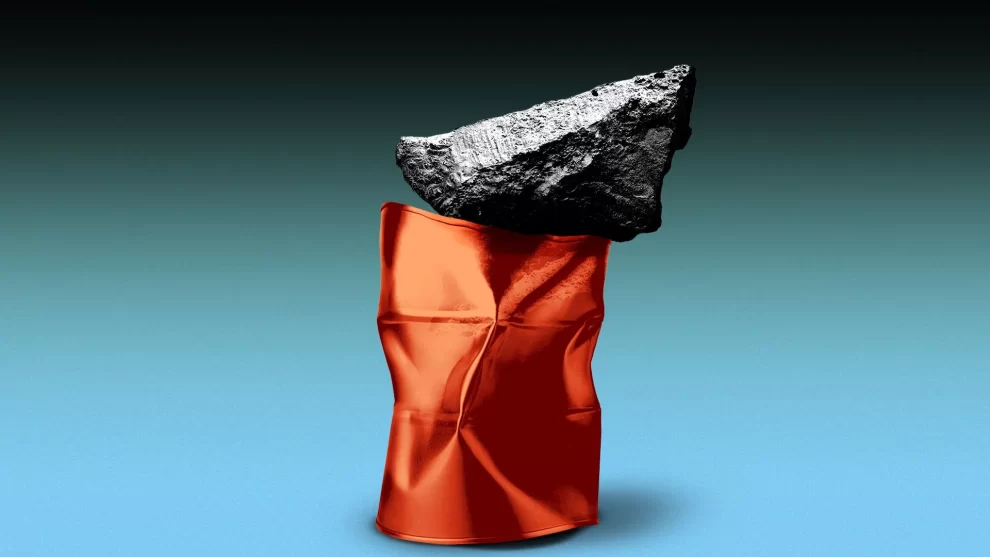Two boldface names in wonk circles say electric vehicle growth won’t inevitably require the U.S. to be overwhelmingly reliant on China.
Driving the news: A new essay by Brian Deese, ex-head of President Joe Biden’s National Economic Council, and Columbia University’s Jason Bordoff lays out why EVs and other climate-friendly tech don’t simply replace oil reliance with a new form of resource insecurity.
Why it matters: China is now a dominant supplier of several key battery materials. The jointly-written piece in Foreign Policy comes as Donald Trump and other Republicans are attacking White House EV policies, calling them a sop to Beijing in attack lines sure to resurface in the 2024 election.
Zoom out: Beyond politics, geopolitical risks stemming from China’s outsized role in EV battery and related materials production, and renewable supply chains, is a concern dogging the energy transition.
What they’re saying: Bordoff — an Obama-era White House energy aide — and Deese lay out why “the risks of import dependence for energy storage needs are not nearly as severe as those for oil.”
- Innovation gives lots of cards to play. For instance, abundant fast-charging enables smaller batteries, curbing the need for ever larger and more mineral-intensive ones in a fight for more range. And battery chemistry changes can diversify the types of materials used and extend range.
- Minerals are far more diverse than oil. They note that huge amounts of lithium, copper and nickel are found in democracies. Meanwhile, China’s dominance is mainly its role in refining, processing, and battery manufacturing — industries that can be recreated elsewhere — rather than raw material extraction a la Saudi Arabian or Russian oil.
- Oil supply disruptions create a bigger jolt. Battery supply chain risks are real, but “minerals and batteries are inputs to manufactured products, not the daily flow of energy that keeps our lives running.”
Reality check: Turning vision into reality is another thing entirely.
- The authors emphasize the need for permitting law changes to boost U.S. mining and processing. And smart diplomacy is required to diversify mining, refining and processing.
The bottom line: “None of these steps is easy, but all are well within the United States’ reach,” they write.
Source : AXIOS










